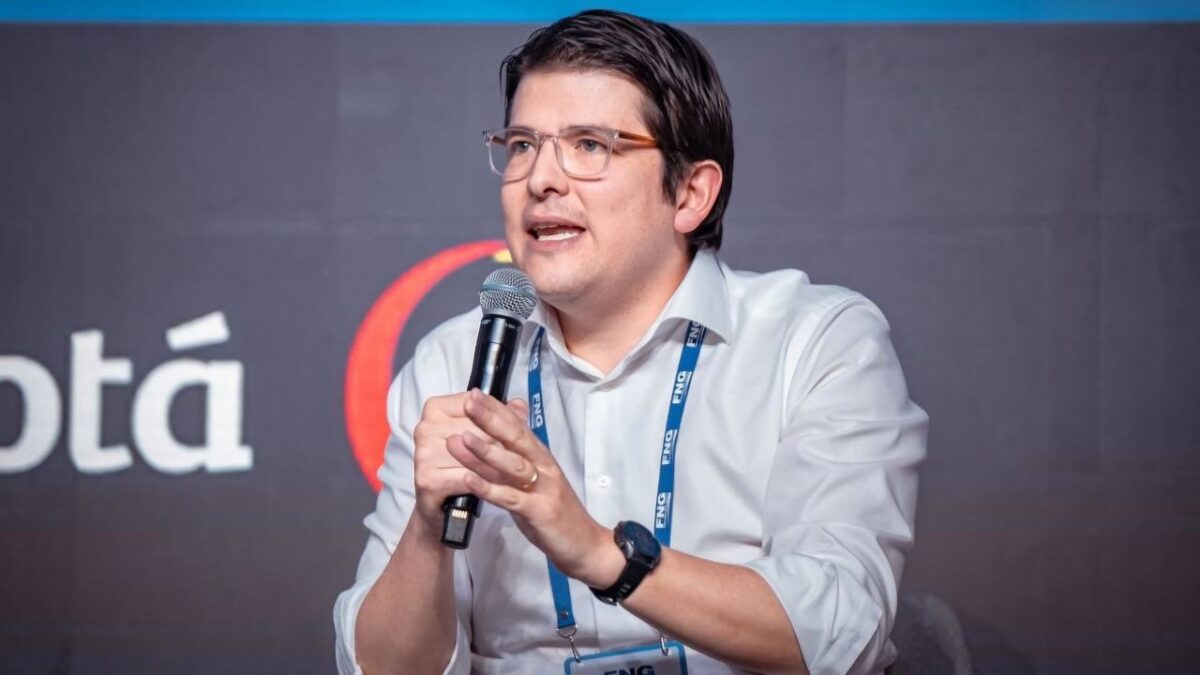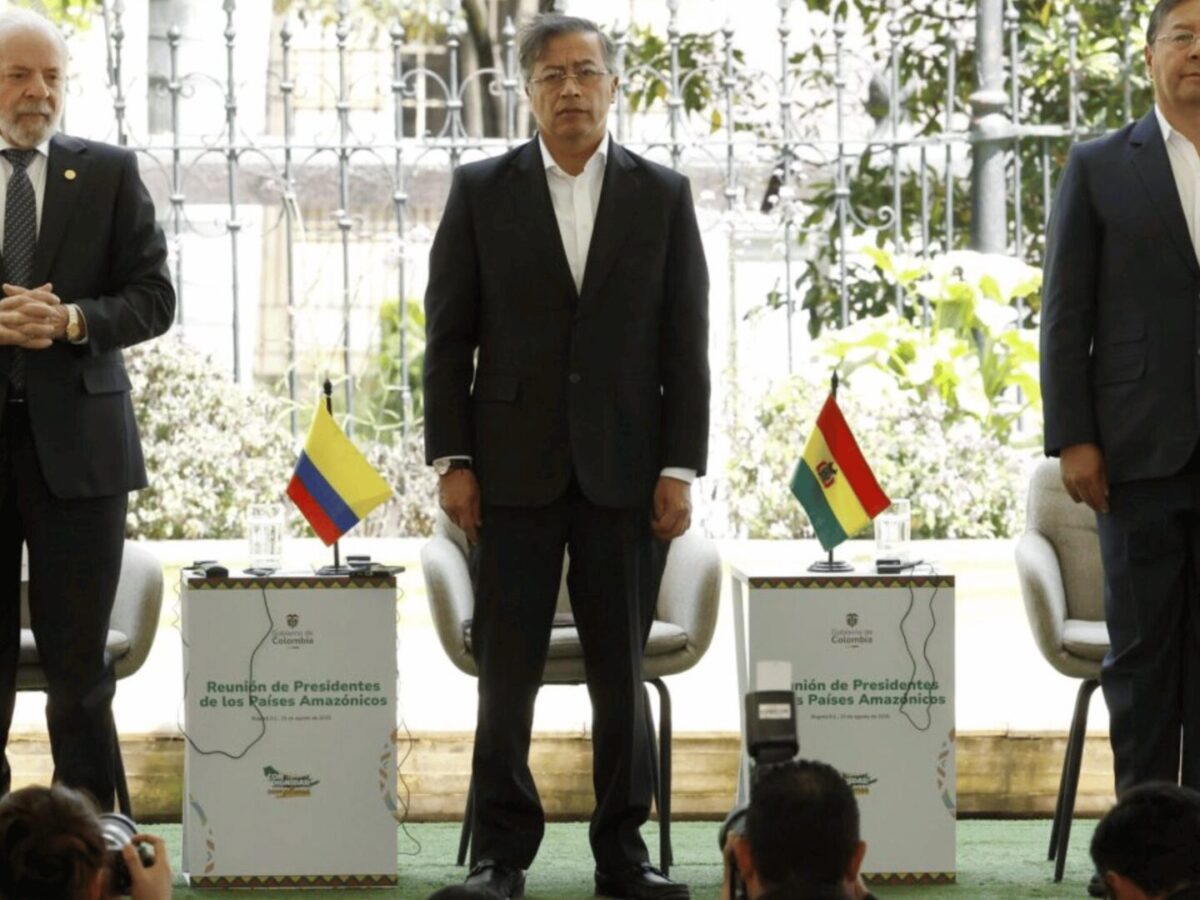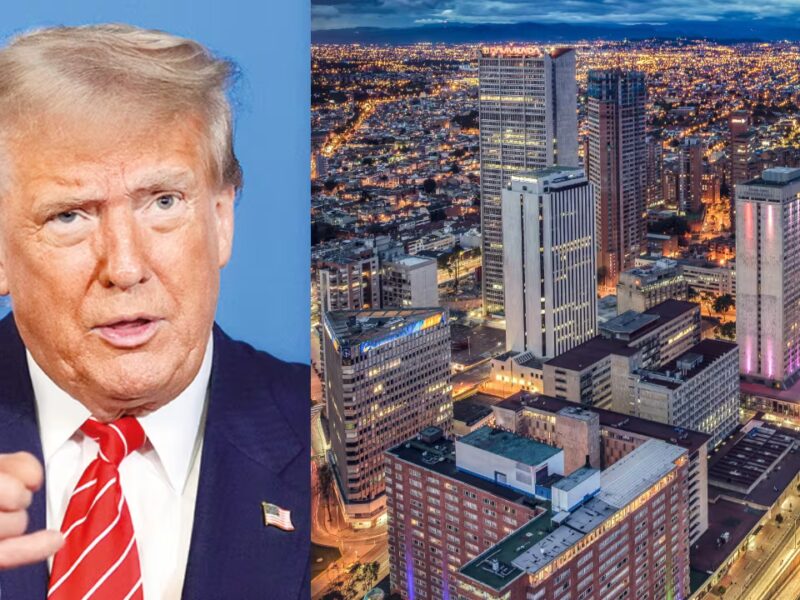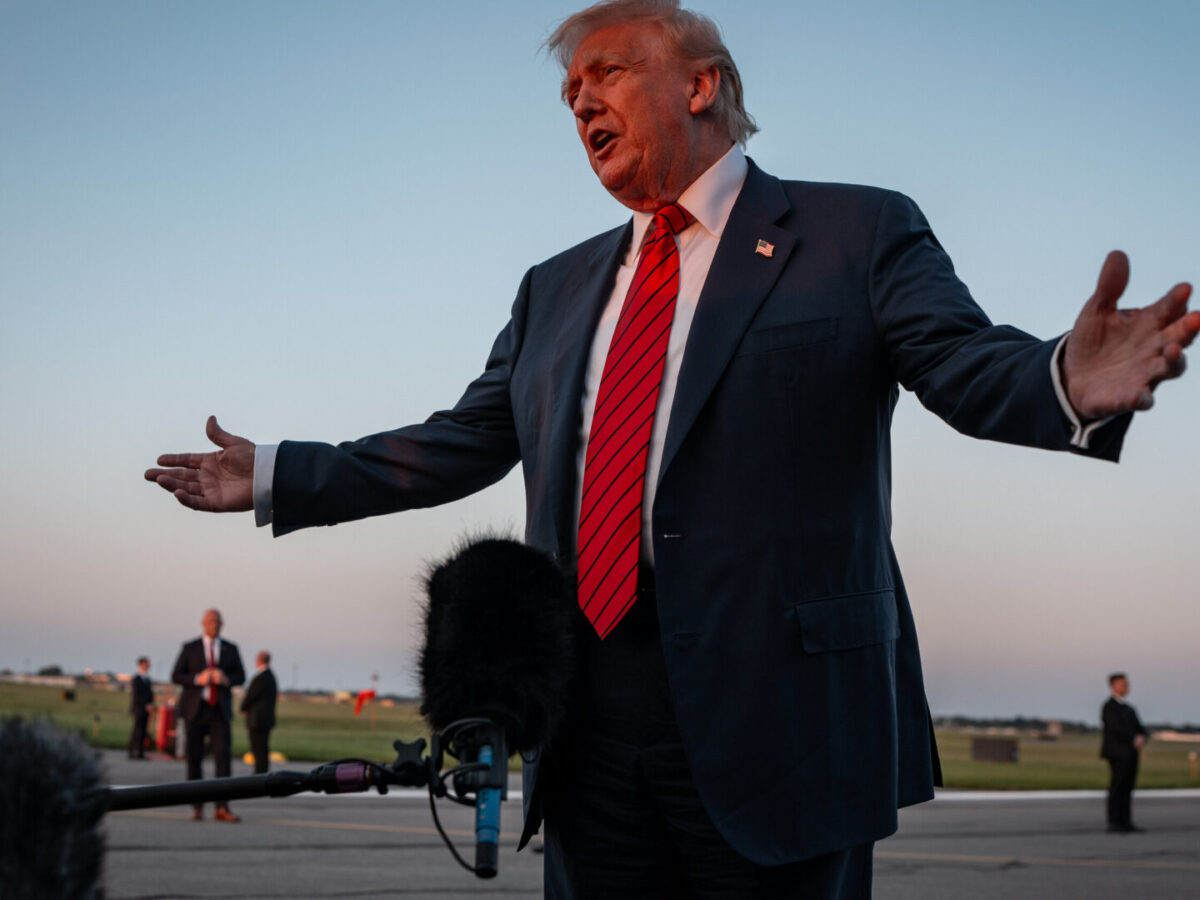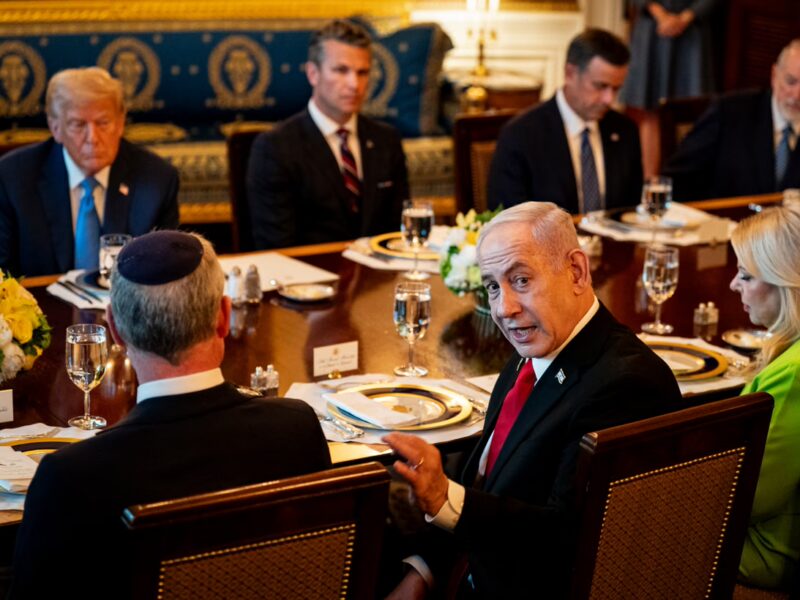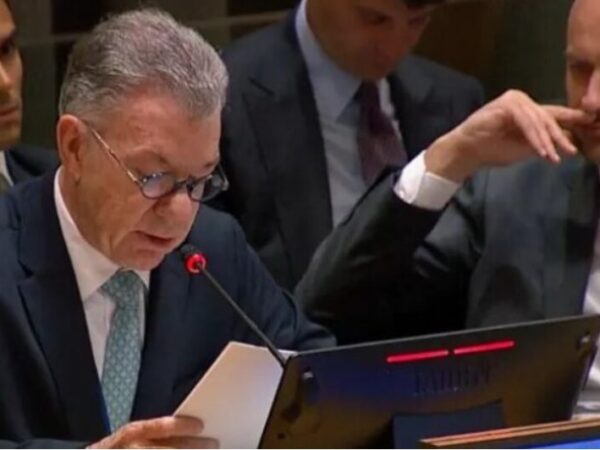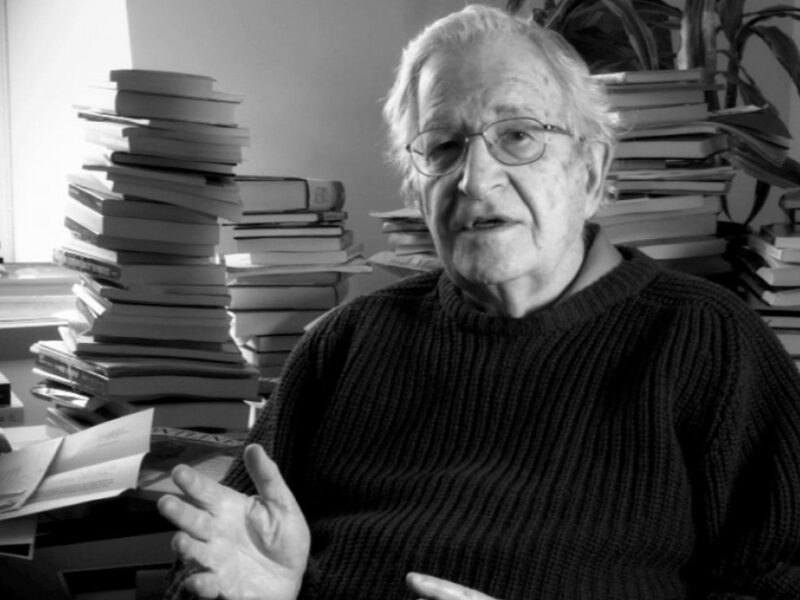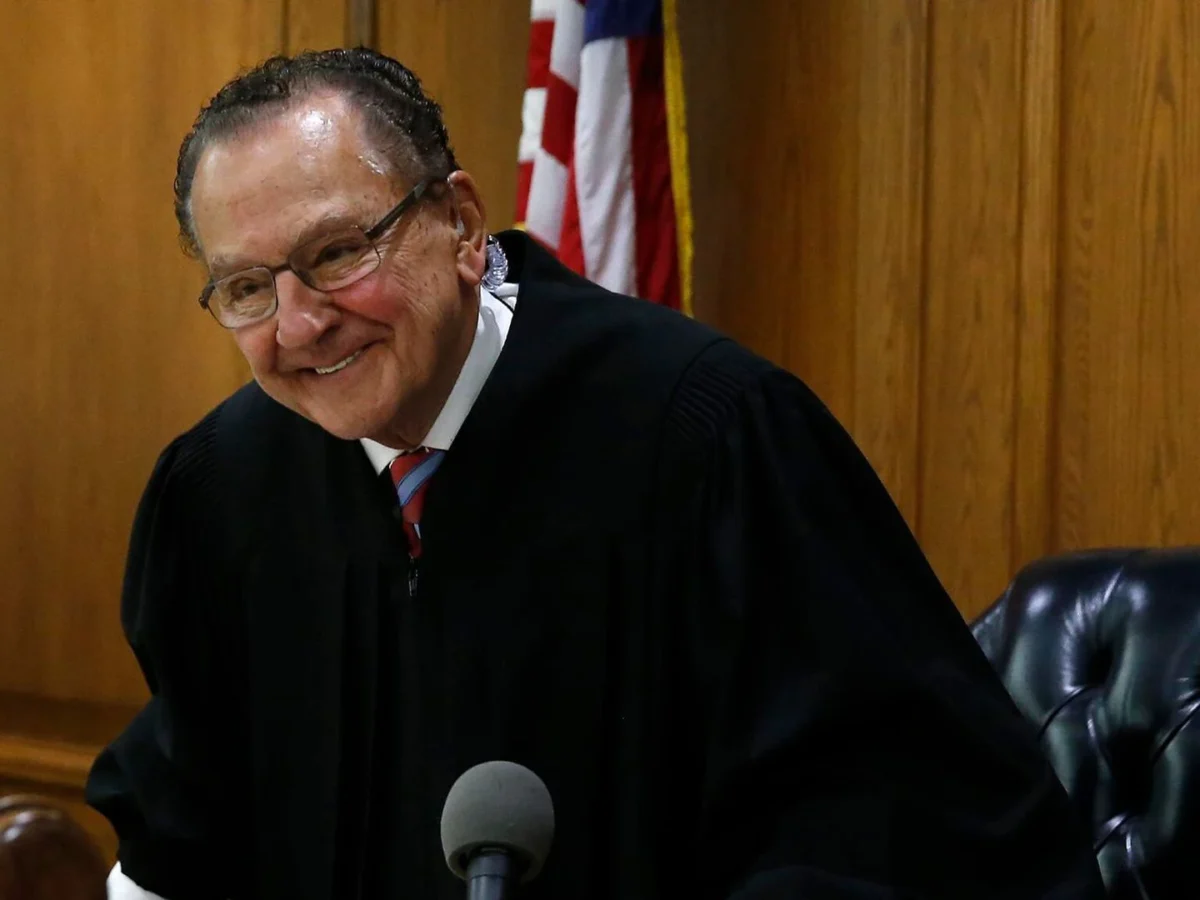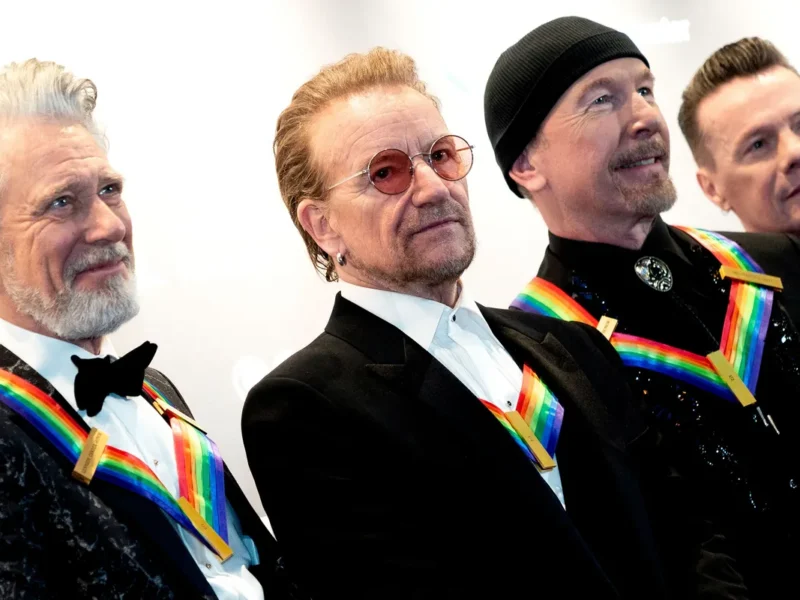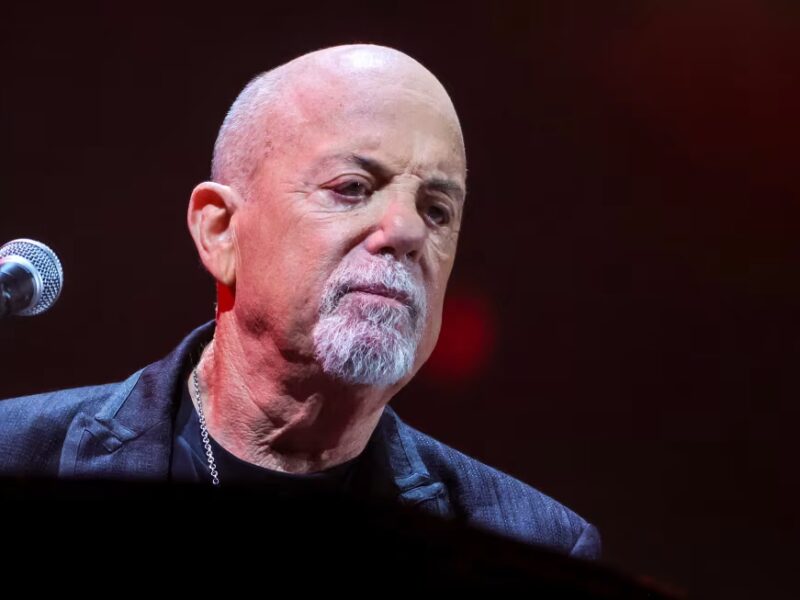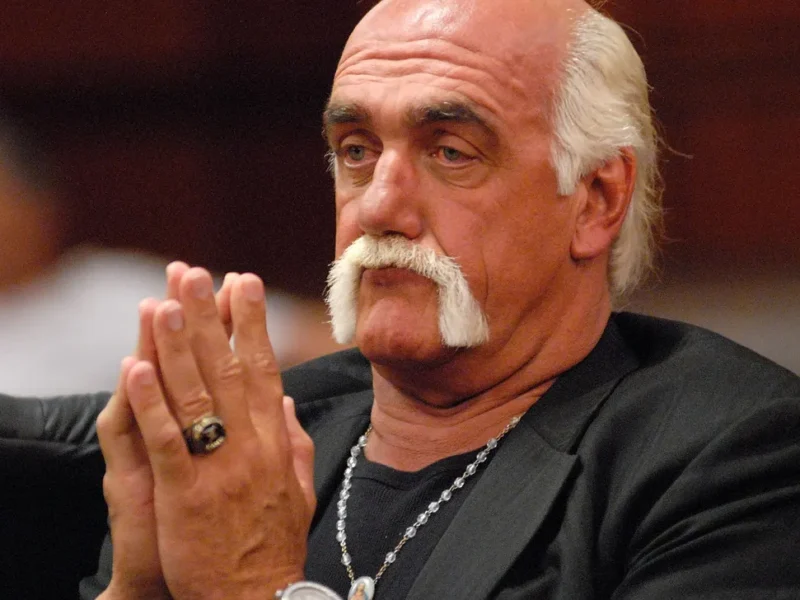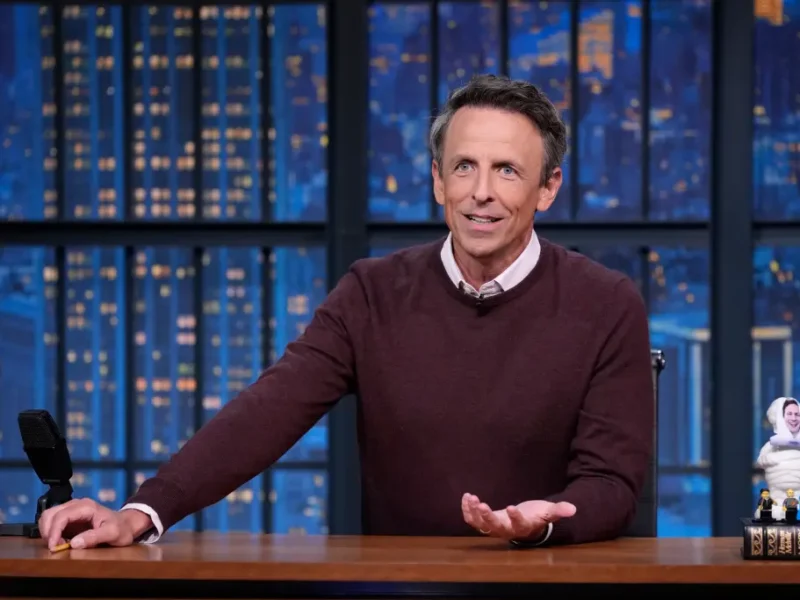A Rising Political Star Cut Short by Violence
Colombian politics has been shaken by the tragic death of Miguel Uribe Turbay, a 39-year-old senator and presidential hopeful, who succumbed to injuries sustained during an assassination attempt in June. Uribe, a prominent conservative figure and close ally of former President Álvaro Uribe Vélez, was an outspoken critic of President Gustavo Petro. His death marks a grim reminder of the persistent shadow of political violence in the country.
The attack took place on June 7, 2025, in western Bogotá, where Uribe was delivering a public speech in a park. Gunmen opened fire, hitting him twice in the head and once in the leg. He was immediately rushed to Fundación Santa Fe de Bogotá, where he fought for his life for over two months before passing away at 1:56 a.m. local time on August 11.
What Happened on June 7 and Who Was Responsible?
According to the Colombian Attorney General’s Office, six individuals were arrested in connection with the shooting, including a minor believed to be the gunman. While investigations remain ongoing, the attack has been widely condemned as an assault on democracy itself. Authorities have not yet disclosed a definitive motive, but Uribe’s high-profile political stance and growing presidential campaign suggest political motivations cannot be ruled out.
The weeks following the attack saw a nationwide wave of vigils, marches, and prayers for Uribe’s recovery. On June 15, thousands gathered in Medellín for a “Silent March” in his honor, calling for peace and an end to violence.
National and International Reactions
Uribe’s death triggered an outpouring of grief and condemnation from across the political spectrum and the international community. Vice President Francia Márquez Mina called it “a sad day for the country,” urging Colombians to reject violence and defend democracy through dialogue and respect for differences.
Former President Iván Duque described Uribe as “a promise of Colombia” and “a leader of integrity,” calling on the nation to honor his legacy by uniting against terrorism. U.S. Secretary of State Marco Rubio expressed his condolences, pledging solidarity with Colombia in seeking justice.
Claudia López, former mayor of Bogotá and fellow presidential hopeful, lamented the tragedy, emphasizing that “no Colombian family should endure this kind of pain” and demanding swift justice for all involved.
Uribe’s sister, María Carolina Hoyos Turbay, delivered a heartfelt message thanking medical staff, supporters, and family members, expressing faith that he had been reunited with their late mother.
Could His Death Change Colombia’s Political Landscape?
The assassination of Miguel Uribe Turbay raises profound questions about the safety of public figures in Colombia and the future of the country’s political climate. His death not only robs the conservative movement of a charismatic leader but also underscores the ongoing risks of political engagement in a nation still scarred by decades of armed conflict.
Political analysts suggest that Uribe’s passing could galvanize calls for stronger security measures for public officials and intensify debates around the roots of political violence. It may also influence the upcoming presidential race, reshaping alliances and strategies among candidates.
As the Senate and House of Representatives pledged to honor Uribe’s legacy by defending democratic values, the public faces an unsettling question: will his assassination serve as a turning point toward lasting peace, or a chilling reminder that violence remains a dangerous constant in Colombian politics?
Other News To Read


